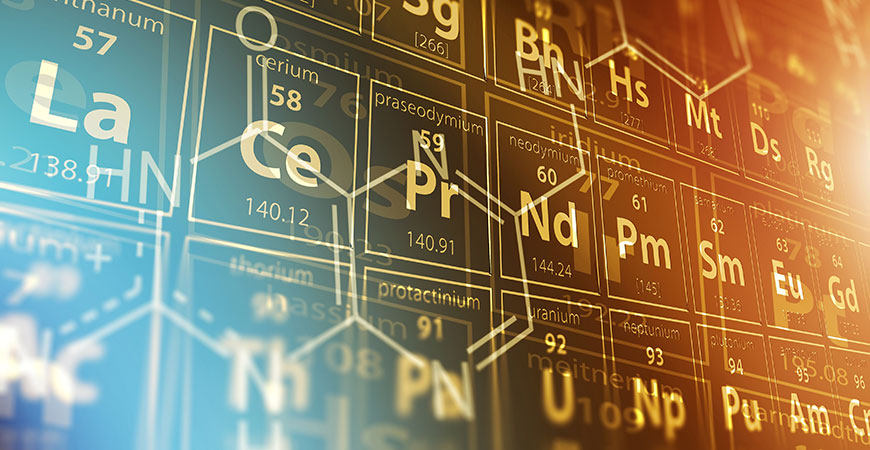
Scientists know the whats and whys of using light, heat and electricity to direct chemical reactions toward an end goal. What’s less well understood are the effects mechanical force can have on chemistry.
Thanks to a three-year, $1.8 million National Science Foundation (NSF) grant, a team of researchers — including mechanical engineering Professor Ashlie Martini — are forming a new center for this emerging area of study.
“It’s relatively unexplored, but mechanical force can be used to drive chemical reactions,” Martini said. “This approach has the potential to minimize energy use, waste and toxicity in chemical synthesis. Mechanochemistry could be a better way.”
This is one of three awards for Phase 1 Centers for Chemical Innovation from the National Science Foundation Division of Chemistry and will support the NSF Center for the Mechanical Control of Chemistry (CMCC), led by Professor James Batteas of Texas A&M University. The multi-disciplinary team includes Martini and researchers from Texas A&M, the CUNY-Advanced Research Center, the University of Pennsylvania and Northwestern University. The CMCC will have branches on each campus.
“The broader impacts of this work will be a new perspective on chemical reactivity to develop new chemical synthesis technologies,” Batteas said. “Imagine being able to do on-demand synthesis without the need for complex reactors. Such approaches may enable more rapid prototyping of customized drugs or carrying out complex chemical syntheses on Mars using only locally sourced materials.”
Centers for Chemical Innovation are designed to bring together researchers with diverse expertise to support high-risk, transformative science and energize the chemistry community to take on grand challenges. The NSF also hopes to creatively engage the public in science while integrating research with education, both internally and through multiple outreach activities.
The CCI Program supports projects that are too complex and multi-faceted for individuals or small groups of researchers to tackle on their own, the NSF said.
“This new center adds to UC Merced’s rapidly growing portfolio of highly prestigious, major research centers. The CMCC highlights our expertise at the intersection of chemistry and mechanics. Professor Martini is an amazing researcher and she is the ideal person to lead this effort given her outstanding record of innovative research in tribology and her engagement in a number of highly interdisciplinary teams," interim Vice Chancellor for Research and Economic Development Marjorie Zatz said. "She is also an exceptional mentor to graduate and undergraduate students, and I know she will engage them directly in this research.”
Professor Martini continues to excel in research advances. This exciting effort is the first phase of a potentially much larger effort to explore a new approach to traditional chemical synthesis.

